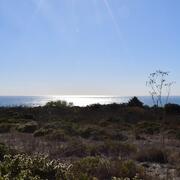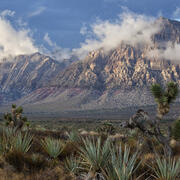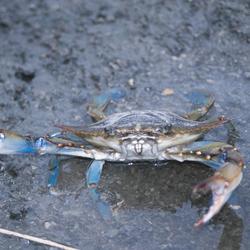Ecological Frontiers
Using new state-of-the-art integrated data and models, land-management scientists improve the quality and timeliness of current estimates of carbon sequestration, land change, fire, hydrology, and other ecosystem services to provide consistent, cross-disciplinary science products that can project the impact of resource management decisions that are of importance to land managers.













